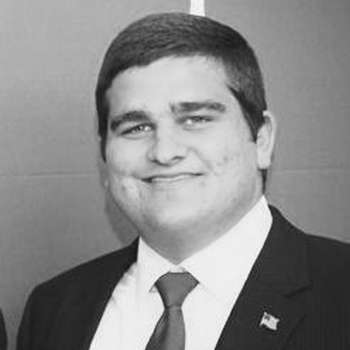Black activist: black churches are too ‘homophobic’
The Multicultural Programs Office at Clemson University hosted gay and civil rights activist Gaye Adegbalola earlier this month, who blasted churches for being “homophobic.”
Adegbalola spoke for over an one hour at an event called “Gay Rights vs. Civil Rights” on Nov. 6. During her speech, she used songs to speak about the oppression of gay African-Americans, including in Christian churches.
“It was the church that led the struggle for black civil rights, but now a lot of black churches are the most homophobic places in the world, unfortunately,” Adegbalola said.
Adegbalola is a part of the #IAMCLEMSON Project, which seeks to help students grasp “new and meaningful concepts about culture that will inspire and empower them to positively impact the world,” according to its website.
“I don’t know what it is. It seems to me that blacks should get the whole idea of how strong the oppression has been against us as a people that they would identify with the oppression that’s being placed on them because with our whole black struggle we just want the same, we want equal rights,” she said of gay rights in an audio recording of the event obtained by Campus Reform. “The struggle was for equal rights.”
Adegbalola opened her program by singing a song she wrote entitled “ Big Ovaries, Baby.”
“I set my own rules and I don’t need balls to play, offense is my defense,” she sang.
She went on to outline six ways she finds herself “oppressed” by living in America, as she is black, a woman, poor, a single parent, a lesbian, and old.
Adegbalola’s partner, Gloria, suggested that the black community is trying to protect its own from the additional scrutiny a black individual would receive for also being homosexual.
Adegbalola offered up another song in response to those questioning her way of life.
“I love being queer,” she sang, “I’m here now, I’m queer now, you better get over it.”
Adegbalola also sang “Skittles Blues,” a somber song alluding to Trayvon Martin and Michael Brown. According to Adegbalola, these two and others were “standing on shaky ground” when they lost their lives.
The event also featured a question-and-answer portion during which students could tweet questions to ask Adegbalola or her partner. The moderator of the program joked that they had “screened” any negative tweets.
The program was sponsored the Clemson Gay Straight Alliance and the University’s Harvey and Lucinda Gantt Center for Student Life. The Multicultural Programs Area of the Gantt Center is funded largely in part by resources allocated to the Center for Student Life by the state of South Carolina.
Follow the author of this article on Twitter: @GMillerThompson

